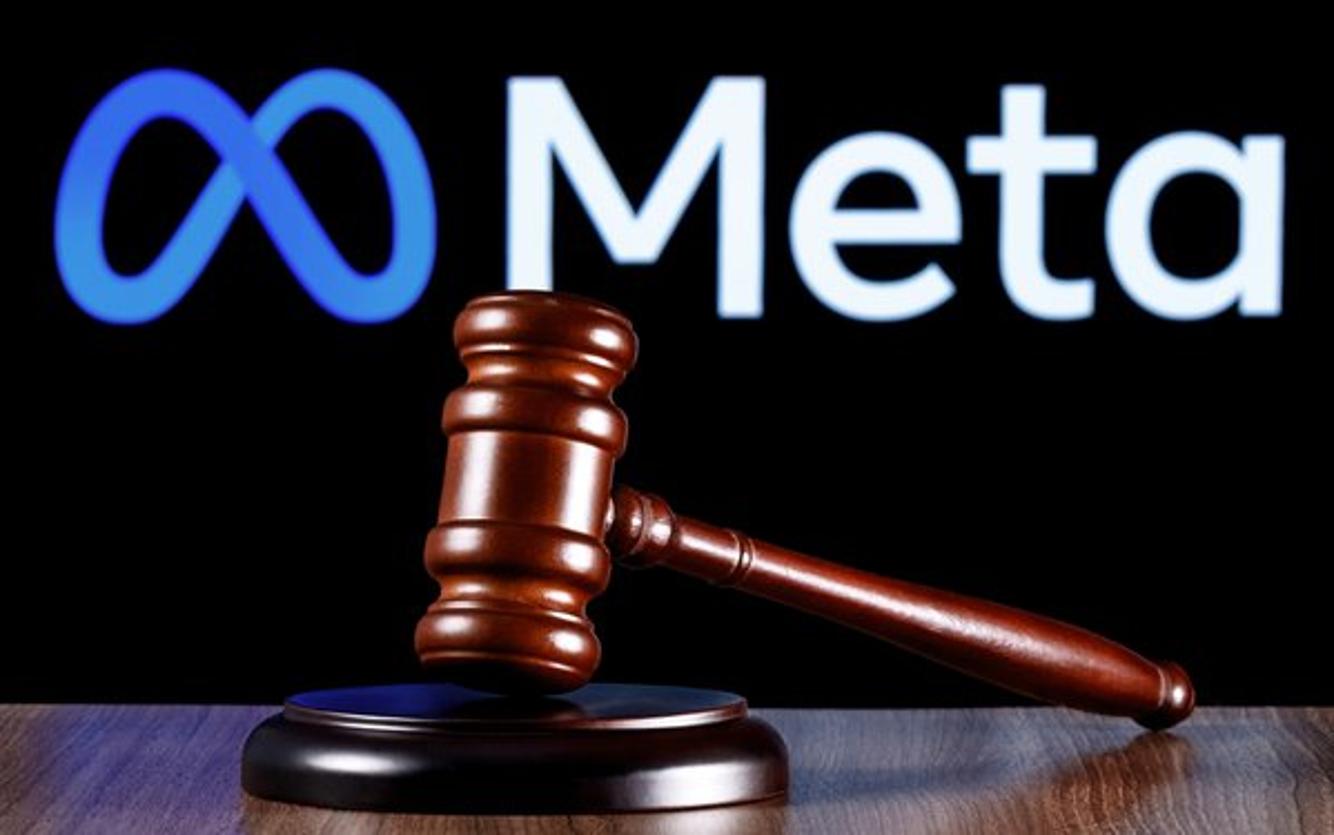A recently unsealed complaint alleges Meta, who owns Facebook and Instagram has been using both platforms to engage children and teenagers extensively, gathering their personal data to sell to advertisers.
In October, attorneys general from 33 states initiated a federal lawsuit against Meta, and the details have now been revealed in the unsealed complaint.
The prosecutors claim that Meta intentionally utilised manipulative algorithms and technological tools to harm young users on Facebook and Instagram, aiming to attract and maintain their engagement while collecting personal information, including that of children without parental consent, as required by law.
The lawsuit, joined by attorneys general from various states, contends that the compulsive use of these platforms by teens and children can lead to physical and mental harm, as outlined in the 233-page complaint.
State prosecutors support their case with evidence from emails, earnings call transcripts, and internal communications, indicating the significant value of young users’ personal information and time to the company’s profits.
In an October email statement issued when the collective lawsuit was initiated, Meta expressed its disappointment with the approach chosen by the attorneys general.
At the time Meta said it’s determined to provide teens with “safe, positive experiences online, and have already introduced over 30 tools to support teens and their families,”
In a statement made on Monday, a Meta spokesperson stated, “The complaint mischaracterises our work using selective quotes and cherry-picked documents.”
Consent from users who are 13 or younger.
According to state prosecutors, they’re shamelessly snatching up personal data from Facebook and Instagram users, and get this – even from those who haven’t hit the age of consent.
It turns out the social media and tech giant is merrily hoarding data, all while conveniently forgetting to ask parents for consent when it comes to users aged 13 or younger. And here’s the kicker: the blatant data grab apparently violates the federal Children’s Online Privacy Protection Rule of 1998
In a statement Meta says that no one under 13 is allowed to have an account on Instagram, and that the company deletes accounts from underage users whenever it finds them.
“Verifying the age of people online is a complex industry challenge and many people — particularly those under the age of 13 — don’t have an ID,”
“That’s why Meta is supporting federal legislation that requires app stores to get parents’ approval whenever their teens under 16 download apps.” says Meta.
In 2021, the profound influence of Meta platforms on young children took center stage, particularly following revelations brought to light by Frances Haugen, a former Meta employee turned whistleblower.
Haugen disclosed internal company research documents that shed light on the far-reaching consequences of Meta’s impact on the younger demographic.
The disclosure prompted a heightened awareness and scrutiny regarding the potential implications of social media platforms on the well-being and development of children.
California Attorney General Rob Bonta alleged in a statement Monday that Meta knows that what it is doing is bad for kids. “Thanks to our unredacted federal complaint, it is now there in black and white, and it is damning.”
Meta’s business strategy for more growth and profit is based on so-called “time spent“
According to the complaint filed by state prosecutors, Meta’s pursuit of increased growth and profit centers around the concept of “time spent.”
This refers to the duration for which the platform can captivate users with posts, pictures, videos, and other content on Facebook or IG. The complaint asserts that the more extended a user remains engaged, the greater the amount of personal data the platform can accumulate.
The complaint says increasing the time spent on Meta’s platforms increases the effective delivery of targeted ads — a pivotal factor in Meta’s ability to generate revenue.
The allegations against Meta for deliberately targeting a young audience through addictive technology raise significant ethical concerns about the impact on the well-being of younger users.
The intentional use of addictive tech prompts a critical examination of the responsibilities and ethical considerations associated with social media platforms.
Additionally, it has been noted that Meta’s handling of user reports regarding spam and scams is raising eyebrows, with reports seemingly falling on deaf ears further questioning the company’s commitment to user safety and the effectiveness of its reporting mechanism.







